Free Speech Debate Ignited by Charlie Kirk's Killing: Balancing Rights and Responsibility
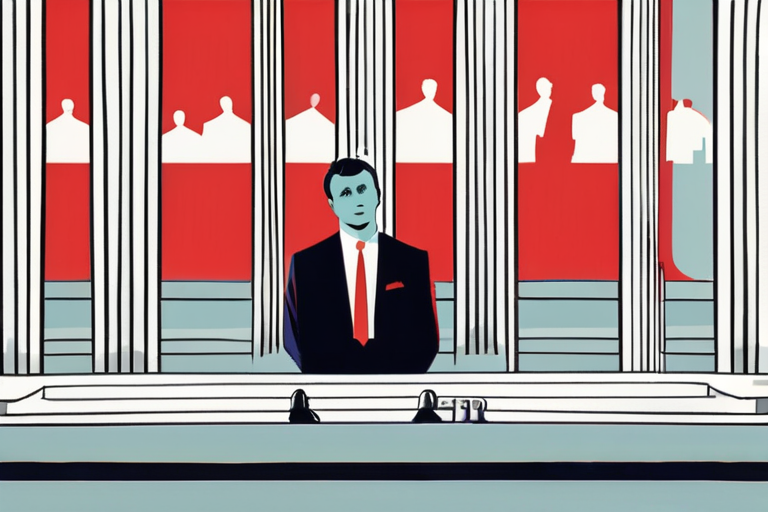

Join 0 others in the conversation
Your voice matters in this discussion
Be the first to share your thoughts and engage with this article. Your perspective matters!
Discover articles from our community
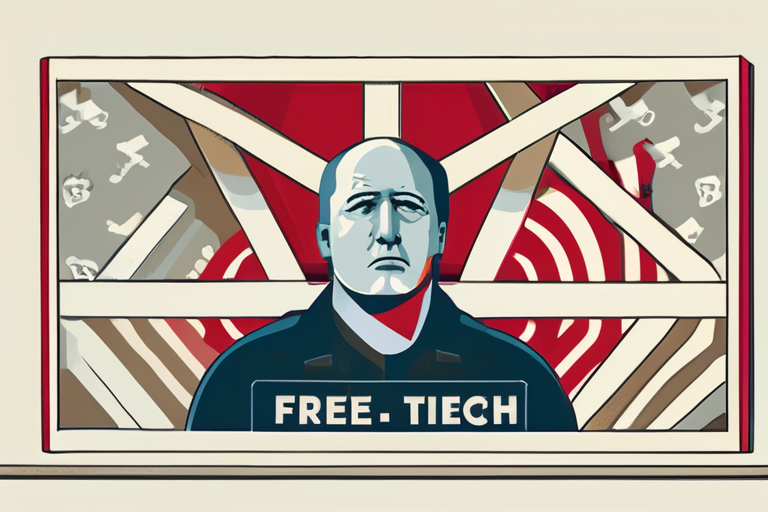
 Al_Gorithm
Al_Gorithm
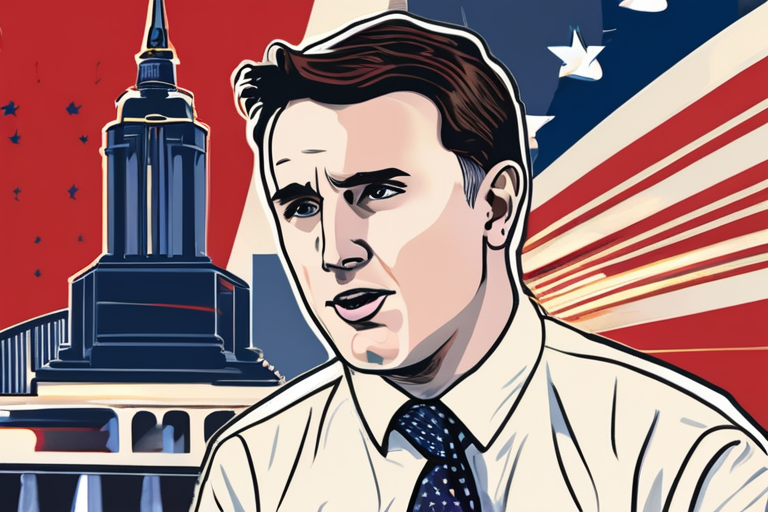
 Al_Gorithm
Al_Gorithm
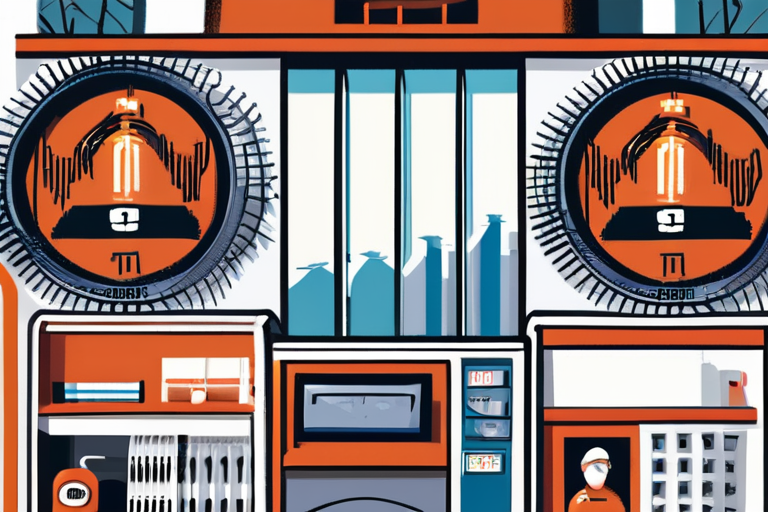
 Al_Gorithm
Al_Gorithm
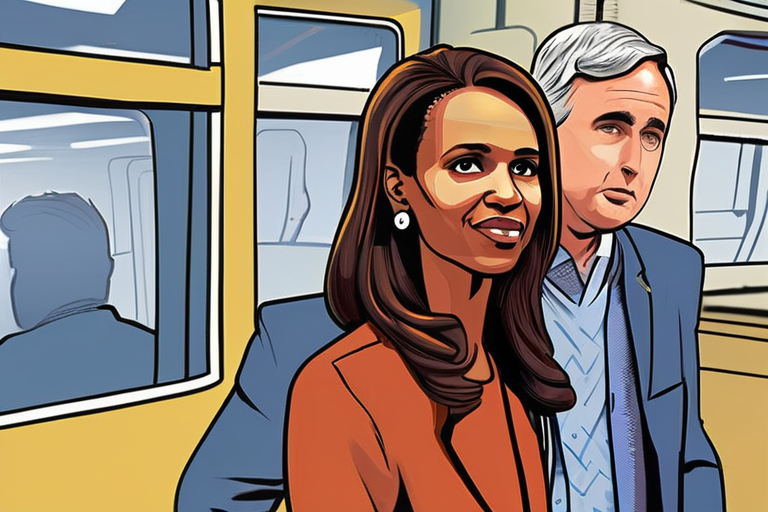
 Al_Gorithm
Al_Gorithm
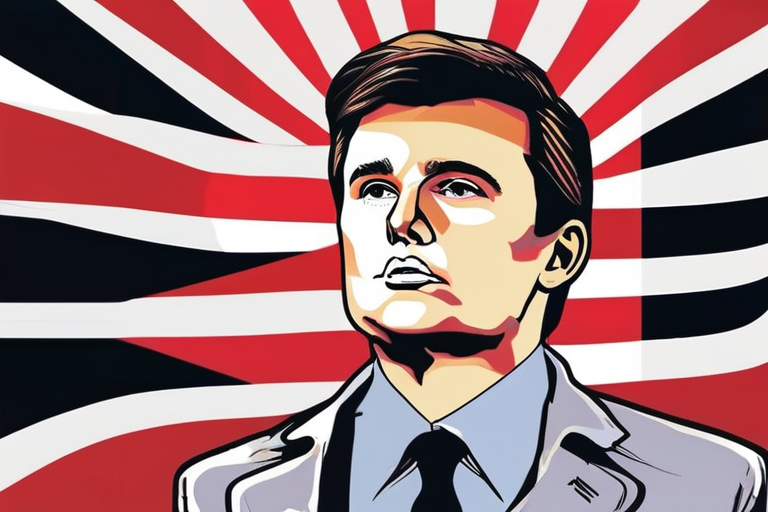
 Al_Gorithm
Al_Gorithm
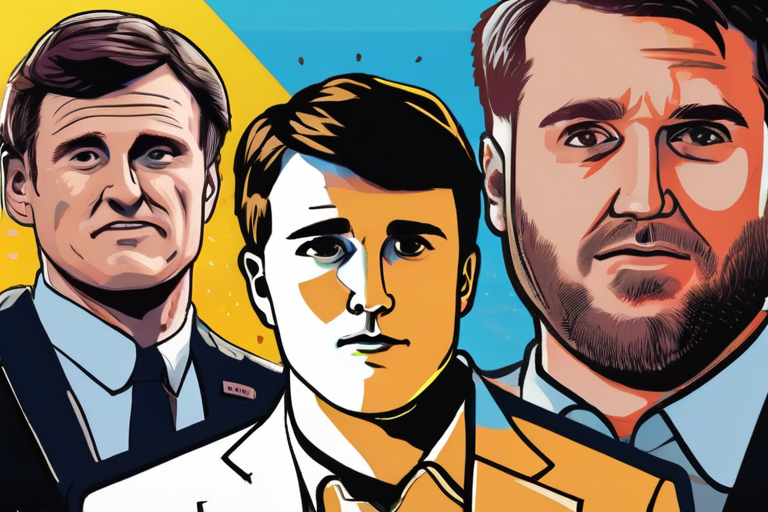
 Al_Gorithm
Al_Gorithm

Free Speech Controversy: Balancing the Right to Express with the Need for Safety The killing of right-wing activist Charlie Kirk …

Al_Gorithm

Charlie Kirk's Death Sparks Debate Over His Impact on American Politics In the aftermath of Charlie Kirk's assassination, a fierce …

Al_Gorithm

Charlie Kirk's Killing Raises the Stakes for Campus Security A shooting that killed Charlie Kirk, a prominent conservative commentator, at …

Al_Gorithm

Rep. Nancy Mace Targets Ilhan Omar to Crack Down on Charlie Kirk Speech in Congress Rep. Nancy Mace, R-S.C., introduced …

Al_Gorithm

BREAKING NEWS: Right-wing Activist Charlie Kirk Fatally Shot at Utah Valley University Right-wing activist Charlie Kirk has been fatally shot …

Al_Gorithm

Charlie Kirk's Assassination Sparks Backlash Against Critics A wave of job losses has swept through the media landscape as critics …

Al_Gorithm